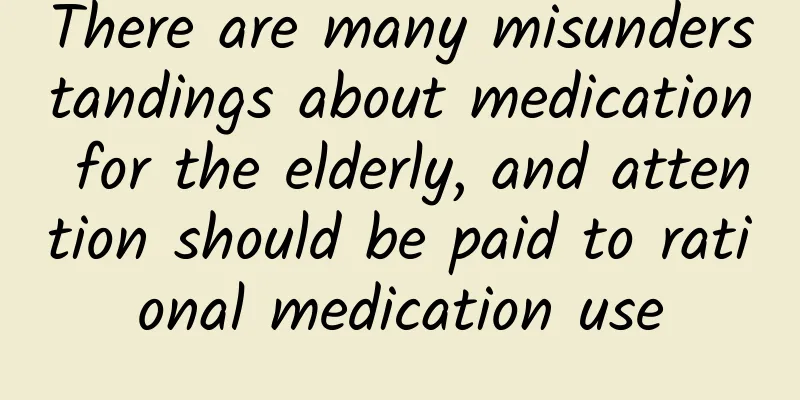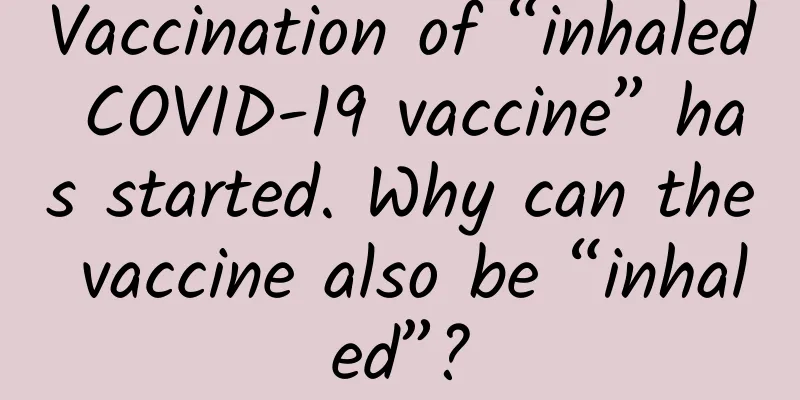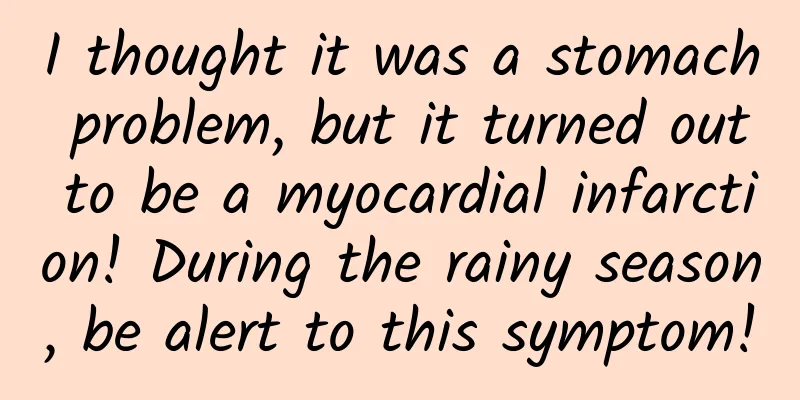There are many misunderstandings about medication for the elderly, and attention should be paid to rational medication use

|
Author: Wang Changhong, Chief Physician and Professor of the Second Affiliated Hospital of Xinxiang Medical College Gao Chang, Associate Professor, Jining Medical College Reviewer: Li Yufeng, Chief Physician, Second Affiliated Hospital of Xinxiang Medical College Most elderly people suffer from multiple chronic diseases and take a wide variety of medications on a daily basis. However, the interactions between drugs are complex, and the elderly's body functions decline, which weakens their metabolism of drugs. Therefore, it is more important to pay attention to the rational use of drugs. 1. Characteristics of diseases in the elderly 1. Characteristics of diseases in the elderly 1. "One body with multiple diseases" requires many types of medication and is difficult to treat. Chronic diseases often have acute attacks, and the condition is complex and not "typical", which makes it easy to miss or misdiagnose. After long-term medication, the elderly will become less sensitive to the drugs, so the efficacy is becoming less and less significant. Some elderly people need to be hospitalized repeatedly or for a long time. Figure 1 Copyright image, no permission to reprint 2. The cardiovascular, respiratory, digestive and other system functions of the elderly are seriously degraded, and the prevalence of related diseases is high. 2. Characteristics of medication for elderly patients Based on the unique disease characteristics and physiological characteristics of the elderly, the medication for elderly patients also has the following characteristics. 1. Delayed gastrointestinal emptying of drugs results in slow drug absorption and concentrated distribution, which can easily lead to increased local blood drug concentrations, decreased liver function affecting drug metabolism, decreased glomerular filtration rate and prolonged drug half-life, etc. 2. The course of drug treatment is long and there are many types of drugs, many combined medications, and there are many adverse reactions after taking the drugs. 2. Misunderstandings about Medication Use in the Elderly Figure 2 Copyright image is not authorized for reproduction There are common misunderstandings about medication in the elderly. 1. Not following doctor’s orders Some elderly people think they know their condition well, so they often do not take medication according to doctor's orders, or stop taking medication when they think their condition has improved slightly. For example, some people with high blood pressure will reduce the dosage of medication on their own when their blood pressure just reaches normal values, and some patients will even stop taking medication. However, patients with high blood pressure need to take medication for life. If they stop taking medication casually, it is very likely to cause the condition to worsen, or even be dangerous. 2. Not taking medication on time If you want the drug to be completely and quickly absorbed and achieve the best therapeutic effect after taking the drug, the patient should take the drug within the corresponding time. For example, most antihypertensive drugs are taken in the morning; most lipid-lowering drugs are taken at night before going to bed; some drugs that are irritating to the stomach and intestines should be taken after meals or during meals. However, some elderly people cannot strictly abide by the medication rules, but take the medicine according to their own wishes, which will seriously affect the therapeutic effect of the drug. 3. “Named medication” At present, there are many advertisements for various types of medicines on television and the Internet, some of which are true and some are false. Due to their reduced ability to distinguish, the elderly may develop a sense of trust in certain false advertisements, believing that such medicines can improve their health, and will specifically order such medicines, or even go to informal channels to buy the advertised medicines and take them. This practice is very dangerous. 4. Follow the trend of taking medicine Many elderly people suffer from chronic diseases such as hypertension and diabetes, and some of them may take the same type of medicine. Some elderly people will buy and take it on their own when they hear other elderly people with the same disease say that a certain medicine is more effective. In fact, there are different types of diseases with the same symptoms; and even for the same disease, there are differences in severity and duration; in addition, different individuals react differently to drugs. Therefore, you should follow the doctor's advice and take the medicine according to your actual situation, and don't blindly follow the trend. 5. Abuse of tonic medicine Many elderly people believe that "tonics are omnipotent" and that taking tonics can "cure illnesses and strengthen the body". However, in fact, each tonic has its own scope of application. If you take it without effective proof, it will put a burden on your body. Figure 3 Copyright image, no permission to reprint 6. Believe that Chinese herbal medicines are not toxic and can be taken at will Most elderly people believe that Chinese medicine is non-toxic and has no adverse reactions. But in fact, any medicine will have a certain degree of adverse reactions, but the degree of adverse reactions of different types of medicines is different and related to the dosage. In addition, tonic Chinese medicine is not absolutely safe. For example, if Liushen Pills are taken in excess, the elderly may experience adverse reactions such as nausea, vomiting and headache. 3. Principles that should be followed when taking medicines for the elderly Diseases and medications of the elderly have their own characteristics, and medications should follow the following principles. 1. Strive to make the diagnosis clear and the medication targeted. 2. Rationally evaluate the safety and adverse reactions of medication. 3. Try to choose a regimen with a low risk of drug-drug and drug-food interactions. 4. Choose drugs that are easy to metabolize and eliminate. 5. The drug dosage form is easy to take and requires less frequency of medication. 6. Reduce the types of medications used, preferably less than 5. 7. Regularly monitor liver and kidney function, blood sugar, blood lipids, etc., and adjust medication in time. References [1] Kong Weifan. A brief discussion on the characteristics and nursing of geriatric diseases[J]. Chinese Rural Health. 2021,13(17): 86,88. [2] Liu Zebin, Zhang Jingxing. Psychological misunderstandings of medication in the elderly[J]. Electronic Journal of Clinical Medical Literature. 2019, 6(88): 197. |
<<: To be honest! This eye disease must be treated while it is hot!
>>: If you have diarrhea after eating, you may have irritable bowel syndrome
Recommend
What items should be checked for irregular menstruation
Many female friends often experience abdominal pa...
What should women pay attention to during confinement in summer?
Children are the hope of their parents and play a...
When a doctor writes an order for an IV, is he doing it for your own good or to cheat you out of your money?
Your child has a high fever. Give him an IV so he...
How to discharge lochia_How to discharge lochia completely
After giving birth, the mother's lower body w...
What items should I go to the hospital for if I am pregnant?
The first time you go to the hospital to make an ...
Bamboo fiber sanitary napkin
Menstruation is a physiological phenomenon unique...
What happened to my period when it suddenly stopped?
In modern life, many women are troubled by menstr...
Why is there a dull pain under the right breast of a woman?
Pain under the right chest is generally a symptom...
What are the treatments for ovarian cancer?
Female compatriots, do you know about ovarian can...
What happens if the hymen ruptures?
The hymen is a layer of mucous membrane folds loc...
Nine out of ten adults have cavities. Do you know the secret?
Let me ask you a question first. Do you have cavi...
Can I exercise during my period?
For female friends, the monthly menstrual period ...
How long is the pregnancy suitable for painless abortion surgery
Many women choose to see a doctor for painless ab...
How to deal with dog burns? Can I use erythromycin ointment if the dog is burned?
Nowadays, many people have pet dogs at home. Dogs...
[Diet and Health] When is the best time to drink onions soaked in red wine?
Onion soaked in red wine is a health food that ma...









